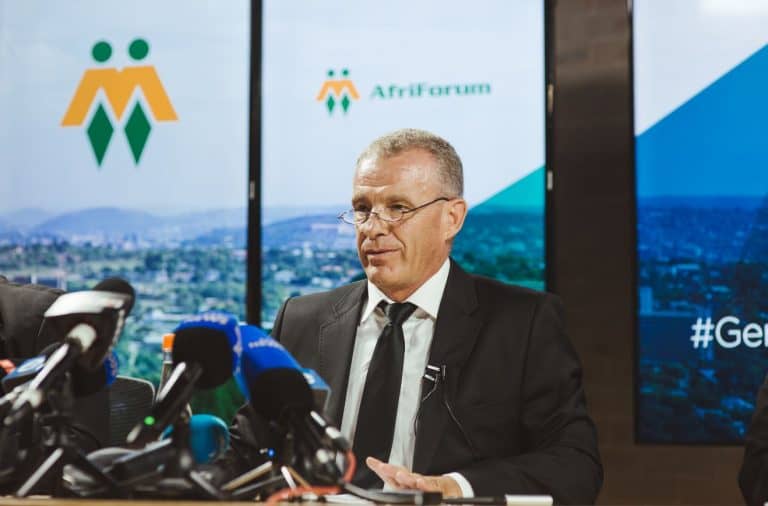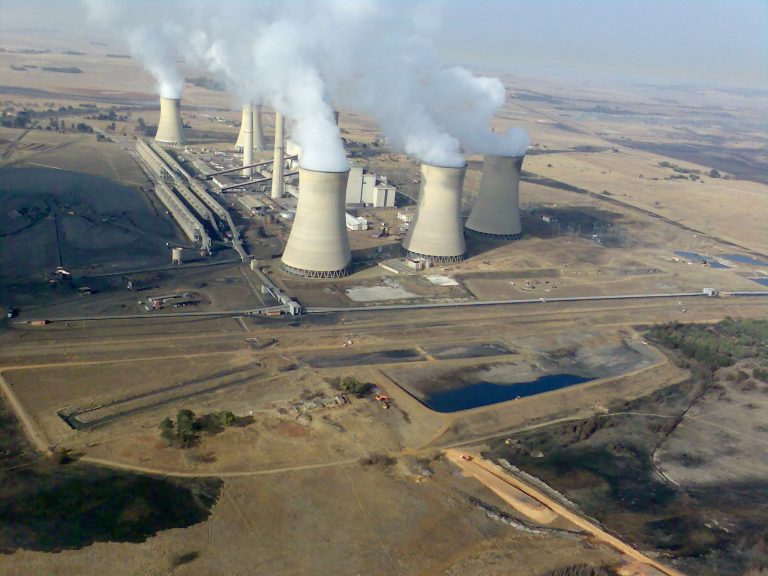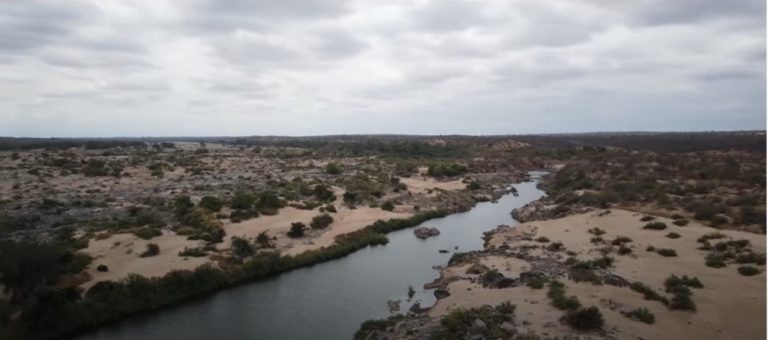AfriForum refuse to let ‘water mafia’ hold SA’s water security hostage
The criminal syndicates responsible for the widespread vandalism of water infrastructure in South Africa cannot be allowed to flourish in a water-scarce country, but the government’s inability to stop the illegal activities of the so-called “water mafia” means that vulnerable communities continue to be at the mercy of these syndicates. This is something that simply cannot stand, says AfriForum.
While the government fails to take concrete steps to protect essential infrastructure from vandals, AfriForum and its security network have already made progress in the Tshwane Metropolitan Municipality to face this problem. In recent years, the civil rights organisation has helped the metro, which spends R450 million annually on water tankers due to failing infrastructure, to install security cameras at reservoirs to protect this much-needed infrastructure from vandals. With the help of the cameras, many suspected vandals have already been arrested.
For years, the so-called water mafia has been collecting millions from municipalities by deliberately damaging infrastructure so that contractors have to be appointed to supply water to communities. With the help of corrupt municipal officials, these profitable contracts are often awarded to the water mafia – who do not hesitate to supply poor quality water to communities.
“If the more than R2 billion spent on water tankers in Gauteng over the past five years had been used to repair infrastructure and safeguard it against sabotage, it would have benefited many more people than the short-term solution that water tankers provided. Moreover, it would not have funded a criminal syndicate, which is currently forcing the country’s water sector to its knees,” says Lambert de Klerk, Manager for Environmental Affairs at AfriForum.
It’s clear that without the necessary intervention the situation will continue to deteriorate, therefore AfriForum calls on the Department of Water and Sanitation, in collaboration with the Department of Cooperative Governance and Traditional Affairs (CoGTA), to implement strict regulations and approval processes for independent water services, such as water tankers. “By allowing approved companies to supply water to communities, the government can eradicate the corrupt practices endemic to this sector. This is an important step to ensure that water supply is managed in a fair and sustainable way,” says De Klerk.
AfriForum is ready to play a constructive role in facing this crisis. Through the civil rights organisation’s extensive network of more than 160 branches and neighbourhood watches, AfriForum can help municipalities to identify and repair leaks within the system, reduce water losses and ensure that available resources are used effectively. AfriForum’s neighbourhood watches can also offer an additional source of protection in the fight against vandals.
“AfriForum want to work with communities, the private sector and government to come up with sustainable solutions to improve water supply and ensure water security. By joining forces, we can loosen the water mafia’s grip on the water sector,” says De Klerk.











